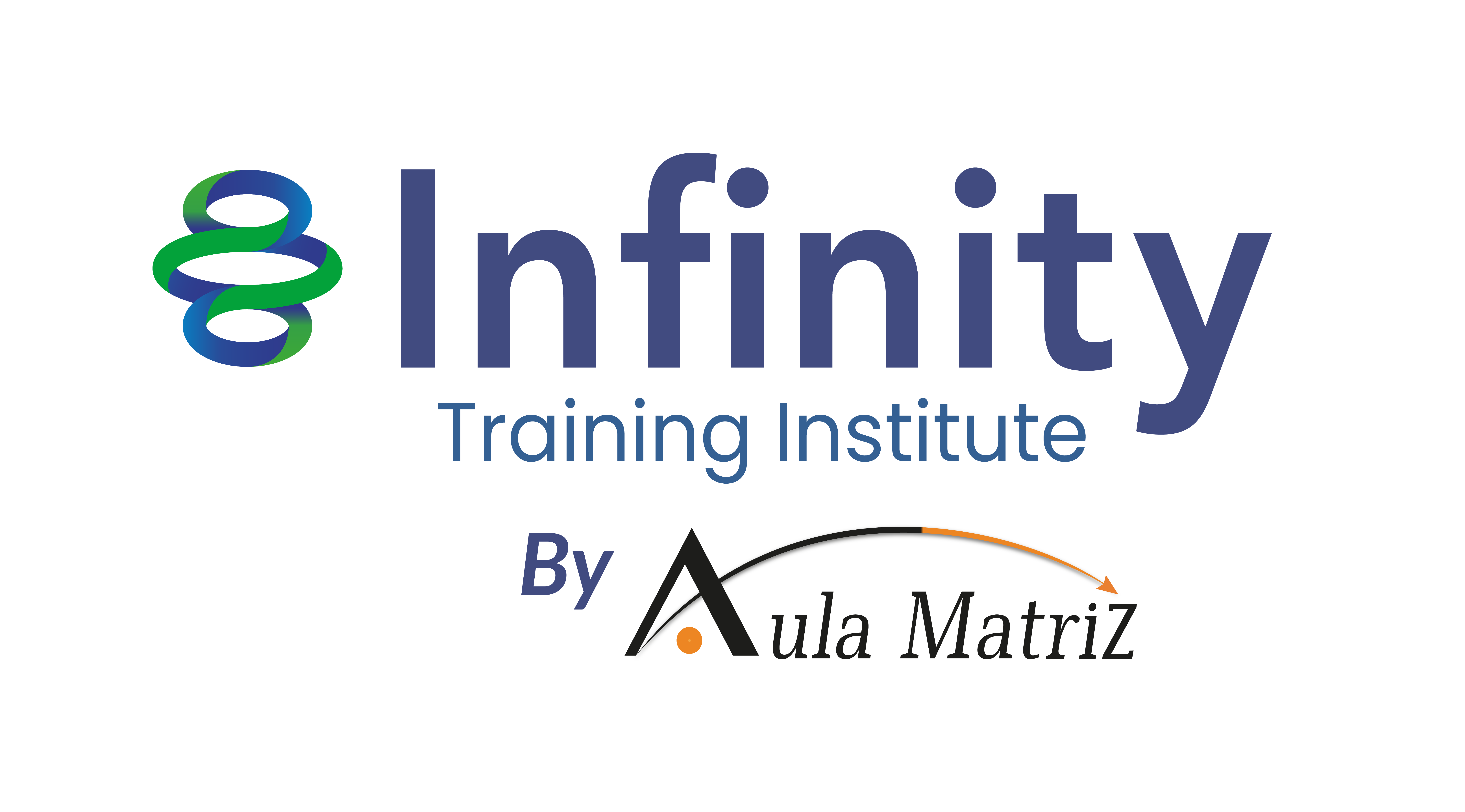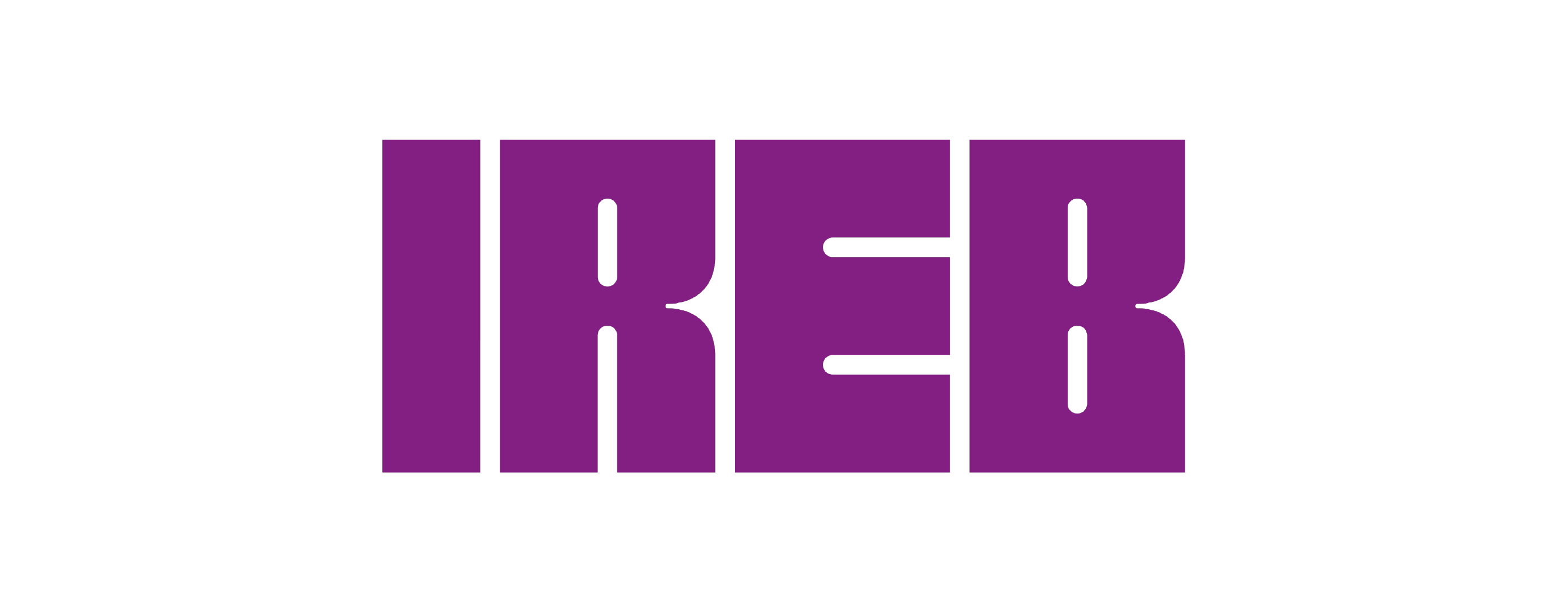This Requirements Engineering course is designed to provide participants with deep and applied knowledge about the identification, documentation, validation and management of requirements in technology projects. The teaching methodology follows the practical approach Learning Method, where participants will develop skills through problem solving in simulated environments and the construction of a real project, emulating work activity in companies.
Throughout the course, the fundamental principles of requirements engineering will be addressed, from its definition and categorization to its documentation using formal tools and models such as UML. In addition, the application of validation, negotiation and requirement management techniques will be reinforced, ensuring that participants acquire practical experience that allows them to successfully perform in related roles.
The course also prepares participants to present the IREB Foundation Level certification, an international certification recognized in the field of requirements engineering.
Upon completing the course, participants will be able to:
- • Understand and apply a structured framework for requirements engineering, aligned with the IREB Foundation Level standards
- • Use advanced techniques to capture, analyze, document, and manage requirements in software projects, ensuring alignment with business needs
- • Apply both agile and traditional methodologies in requirements documentation and validation, including the use of user stories and use cases
- • Design and evaluate requirement models using modeling tools such as UML, ensuring their accurate representation in systems
- • Develop projects and labs in simulated environments to experience real-world scenarios of requirements analysis and management
- • Prepare for the IREB Foundation Level international certification exam, demonstrating proficiency in the discipline of requirements engineering
To enroll in this course, participants must meet the following mandatory requirements:
- • At least 6 months of experience in activities related to gathering, documenting, or analyzing requirements in IT projects
- • Basic knowledge of software development, project management, or software testing
- • Ability to interpret and produce technical documentation in the field of software engineering
- These requirements ensure that participants can fully benefit from the applied methodology and actively contribute to project development during the training
| Ingenieria de requerimientos | Applies |
|---|---|
| Ingenieria de requerimientos | 24 hours |
Learning Methodology
The learning methodology, regardless of the modality (in-person or remote), is based on the development of workshops or labs that lead to the construction of a project, emulating real activities in a company.
The instructor (live), a professional with extensive experience in work environments related to the topics covered, acts as a workshop leader, guiding students' practice through knowledge transfer processes, applying the concepts of the proposed syllabus to the project.
The methodology seeks that the student does not memorize, but rather understands the concepts and how they are applied in a work environment.
As a result of this work, at the end of the training the student will have gained real experience, will be prepared for work and to pass an interview, a technical test, and/or achieve higher scores on international certification exams.
Conditions to guarantee successful results:
- a. An institution that requires the application of the model through organization, logistics, and strict control over the activities to be carried out by the participants in each training session.
- b. An instructor located anywhere in the world, who has the required in-depth knowledge, expertise, experience, and outstanding values, ensuring a very high-level knowledge transfer.
- c. A committed student, with the space, time, and attention required by the training process, and the willingness to focus on understanding how concepts are applied in a work environment, and not memorizing concepts just to take an exam.
Pre-enrollment
You do not need to pay to pre-enroll. By pre-enrolling, you reserve a spot in the group for this course or program. Our team will contact you to complete your enrollment.
Pre-enroll nowInfinity Payments
Make your payment quickly, safely and reliably
- For bank transfer payments, request the details by email
capacita@aulamatriz.edu.co.
- If you wish to finance your payment through our credit options
(Sufi, Cooperativa Unimos or Fincomercio), click on the following link:
Ver opciones de crédito.
Description
This Requirements Engineering course is designed to provide participants with deep and applied knowledge about the identification, documentation, validation and management of requirements in technology projects. The teaching methodology follows the practical approach Learning Method, where participants will develop skills through problem solving in simulated environments and the construction of a real project, emulating work activity in companies.
Throughout the course, the fundamental principles of requirements engineering will be addressed, from its definition and categorization to its documentation using formal tools and models such as UML. In addition, the application of validation, negotiation and requirement management techniques will be reinforced, ensuring that participants acquire practical experience that allows them to successfully perform in related roles.
The course also prepares participants to present the IREB Foundation Level certification, an international certification recognized in the field of requirements engineering.
Objectives
Upon completing the course, participants will be able to:
- • Understand and apply a structured framework for requirements engineering, aligned with the IREB Foundation Level standards
- • Use advanced techniques to capture, analyze, document, and manage requirements in software projects, ensuring alignment with business needs
- • Apply both agile and traditional methodologies in requirements documentation and validation, including the use of user stories and use cases
- • Design and evaluate requirement models using modeling tools such as UML, ensuring their accurate representation in systems
- • Develop projects and labs in simulated environments to experience real-world scenarios of requirements analysis and management
- • Prepare for the IREB Foundation Level international certification exam, demonstrating proficiency in the discipline of requirements engineering
To enroll in this course, participants must meet the following mandatory requirements:
- • At least 6 months of experience in activities related to gathering, documenting, or analyzing requirements in IT projects
- • Basic knowledge of software development, project management, or software testing
- • Ability to interpret and produce technical documentation in the field of software engineering
- These requirements ensure that participants can fully benefit from the applied methodology and actively contribute to project development during the training
offers
| Ingenieria de requerimientos | Applies |
|---|---|
| Ingenieria de requerimientos | 24 hours |
Learning Methodology
The learning methodology, regardless of the modality (in-person or remote), is based on the development of workshops or labs that lead to the construction of a project, emulating real activities in a company.
The instructor(live), a professional with extensive experience in work environments related to the topics covered, acts as a workshop leader, guiding students' practice through knowledge transfer processes, applying the concepts of the proposed syllabus to the project.
La metodología persigue que el estudiante "does not memorize", but rather "understands" the concepts and how they are applied in a work environment."
As a result of this work, at the end of the training the student will have gained real experience, will be prepared for work and to pass an interview, a technical test, and/or achieve higher scores on international certification exams.
Conditions to guarantee successful results:
- a. An institution that requires the application of the model through organization, logistics, and strict control over the activities to be carried out by the participants in each training session.
- b. An instructor located anywhere in the world, who has the required in-depth knowledge, expertise, experience, and outstanding values, ensuring a very high-level knowledge transfer.
- c. A committed student, with the space, time, and attention required by the training process, and the willingness to focus on understanding how concepts are applied in a work environment, and not memorizing concepts just to take an exam.
Infinity Payments
Make your payment quickly, safely and reliably
- For bank transfer payments, request the details by email
capacita@aulamatriz.edu.co.
- If you wish to finance your payment through our credit options
(Sufi, Cooperativa Unimos or Fincomercio), click on the following link:
Ver opciones de crédito.
Course Modules
Module I: Introduction and Fundamentals of Requirements Engineering
Symptoms and causes of poor Requirements Engineering.
Explanation of terms (requirement, stakeholder, requirements engineering).
Main activities of Requirements Engineering.
Profile and Skills of the Requirements Engineer.
Types of requirements (business rules, functional, non-functional).
Module II: System and System Context
- System, system context, and boundaries.
- System and context boundaries. Documenting the System Context.
Module III: Requirements Elicitation
- What is requirements elicitation?
- Sources of requirements.
- Categorization of requirements according to the Kano model.
- Elicitation techniques.
- Prospecting (questionnaires, interviews).
- Creativity (brainstorming, perspective shifting, analogy).
- Documentation-based (system archaeology, role playing, requirements reuse).
- Observation (field observation, learning).
- Support techniques for other techniques.
Module IV: Requirements Documentation
- What is requirements specification?
- Types of Documents? Perspectives.
- Effective documentation methods.
- Project documents.
- Document structure.
- Use of Requirements Documents.
- Definition of documents and their structure.
- Quality Criteria for the Requirements Document.
- Quality Criteria for Requirements.
- Glossary.
Module V: Requirements Documentation using Natural Language
- Effects of natural language.
- Requirements development using templates.
- User stories.
Module VI: Model-Based Requirements Documentation
- What is a model?
- Modeling languages.
- Advantages.
- Unified Modeling Language (UML).
- Views of a system according to the UML standard.
- Goal or Objective Model.
- Use Cases vs User Stories.
- Use Case Diagram.
- Use Case Specification.
- Use Case Analysis: Technique for identifying analysis classes.
- Three Perspectives on Requirements
- Functional Perspective (data flow diagrams, activities)
- Structural/Data Perspective (E-R diagrams, classes).
- Behavioral (statecharts, states).
Module VII: Validation and Negotiation of Requirements
- What is Validation and Negotiation of Requirements?
- Quality Aspects of Requirements (content, documentation, level of consensus).
- Principles for Requirements Validation.
- Requirements Validation Techniques (peer review, audits, walkthroughs, perspective-based reading, prototypes, checklists).
- Documentation of Requirements Validation - Test Cases.
- Cause-Effect Graph Technique for generating test cases.
- Phases of Conflict Management
Module VIII: Requirements Management
- What is Requirements Management?
- Assignment of Attributes to Requirements.
- Views on Requirements (selective, consolidated).
- Prioritization of requirements and Prioritization Techniques (Ranking, Top 10, Single Criterion Classification, Kano Classification, Wiegers Prioritization Matrix).
- Traceability of Requirements.
- Versioning of Requirements.
- Change Request Management.
Module IX: Tool Support
- Types of tools.
- Requirements Management Tools.
- Utilization of the tools.
- Evaluation of the tools.
Test Module
This is a test module to verify functionality



